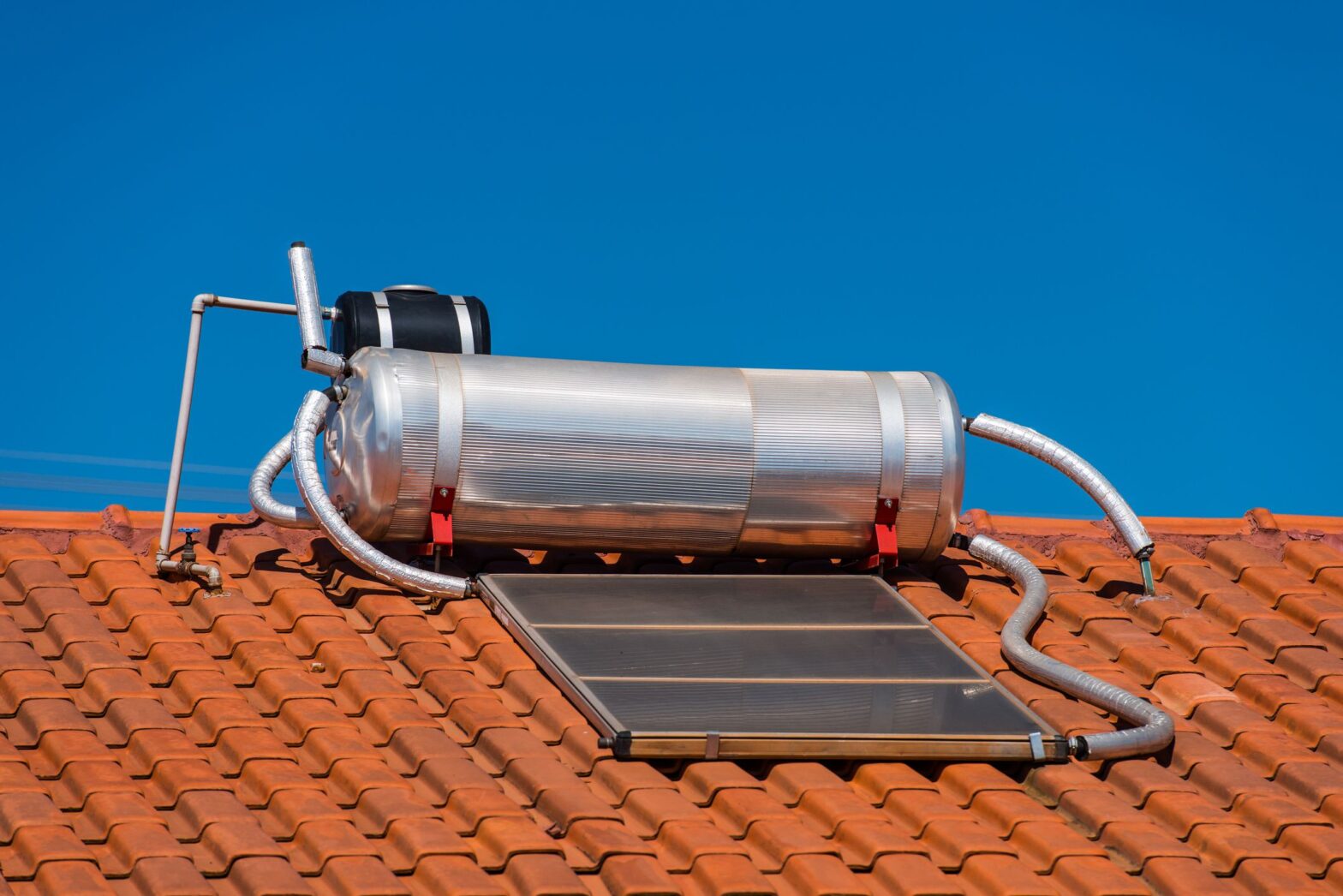4 Interesting Facts About Residential Solar Water Heating Systems
Solar power systems use clean energy from the sun to heat water in homes. You can have a solar water heater installed in your house located in an unshaded area facing south, west, southeast, or southwest. Continue reading to know 4 interesting facts about residential solar water heating systems.
1 – Solar Water Heaters Utilize Energy Collectors
All solar water heaters have collectors that heat tap water. The ideal collector for your home depends on the weather, property, and how you would use hot water.
The 3 primary types of solar water heater collectors are flat-plate, ICS or integral collector-storage, and evacuated tube collectors. All these collectors depend on water storage. It doesn’t matter what type of collector you have because solar energy systems can be active or passive.
2 – Active Solar Systems Utilize Pumps
Active solar heater systems move water through pumps or the exchange of heat-exchange fluid from the water storage, then, the collector, and back to your home’s plumbing system. The water storage can be found inside your home. Heat exchange fluids are recommended if you live in a place with a very cold winter. If not, your water can go directly to the collector and go back down directly to your plumbing pipes or hot-water storage tank.

3 – Passive Solar Heaters Don’t Need Pumps
A passive solar water heater system is the simplest. It doesn’t need electrical elements, additional solar panels, or energy to work. This system depends on a large tank located on your roof. The sun directly heats the water and gravity moves it down to your hot water storage. Even though this is more affordable compared to active solar systems, active solar systems are more dependable.
4 – You Can Enjoy Many Benefits from Solar Water Heaters
It does not matter what kind of solar water heater you have. That’s because you can save around 50% to 80% on the expenses of heating water. Your solar energy provider can assist you in calculating the actual cost of operating your system. The costs will differ depending on whether electricity or gas is utilized by your auxiliary system to heat water.


